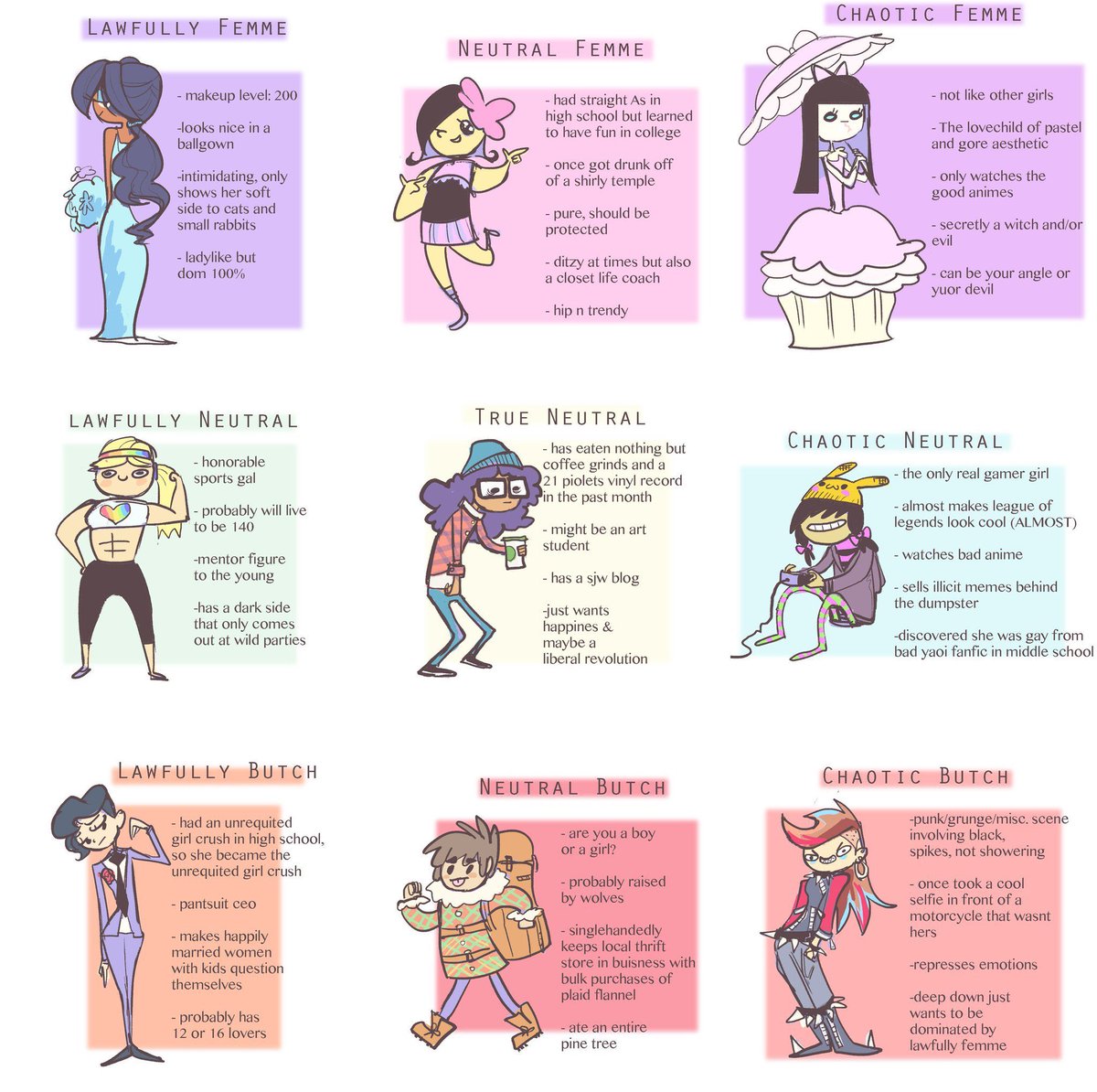
I feel like pandemic + Relatable Content have conspired to make a LOT of us recently come into a neurodivergent understanding of ourselves.
-and-
Part of learning a new identity should always be about who else shares it, and how to advocate for them—especially in times of influx.
-and-
Part of learning a new identity should always be about who else shares it, and how to advocate for them—especially in times of influx.
https://twitter.com/ellle_em/status/1427993883850559499
This is a particularly cogent writeup (more often the case for Tumblr than anyone wants to admit) about the history of the terms neuroatypical and neurodivergent, and how they intersect. Take the guidance with awareness that discourse is ever-evolving.
phineasfrogg.tumblr.com/post/954716156…
phineasfrogg.tumblr.com/post/954716156…
Specifically in relation to neurodivergence, the key takeaway is that nobody's trying to keep ADHD or autistic people from using it—we should just also be aware that it includes folks with schizophrenia, OCD, dyslexia, some forms of depression and anxiety, and more.
I personally interpret "neurodivergent" as referring to the ways that people find themselves at odds, cognitively, with expectations of broader society, in ways that are impossible or extraordinarily burdensome to change (or where "change" most just looks like "hide" or "adapt").
When we use terms for ourselves that describe a lived experience which involves oppression, we formally become part of a justice movement—in this case, for disability and mental health. When it's even remotely an umbrella term (most are), we have additional obligations as allies.
And, as shitty as it sounds, when our forms of oppression have resulted in a lifetime of masking skills, we have fluency—even if tenuous and exhausting—in adapting to society that may be less accessible to others.
Terms to google:
- neurodivergent
- neuroatypical
- allistic [people who are not autistic]
- intersectionality [always a good thing to learn more about as a nuanced framework for relative privilege, very easy to misuse in a way that disrespects its racial justice origins]
- neurodivergent
- neuroatypical
- allistic [people who are not autistic]
- intersectionality [always a good thing to learn more about as a nuanced framework for relative privilege, very easy to misuse in a way that disrespects its racial justice origins]
• • •
Missing some Tweet in this thread? You can try to
force a refresh









